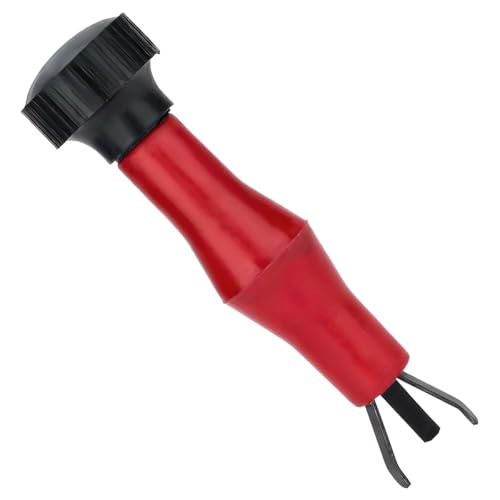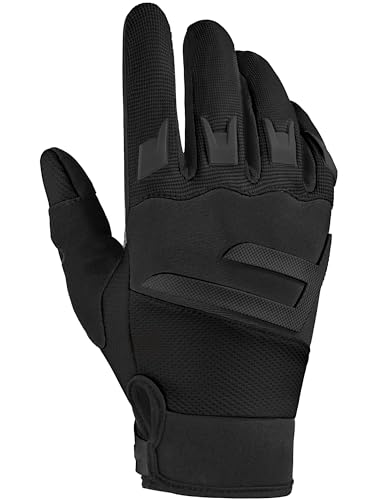El Toro
Innocent Bystander
Yes, not only did I listen to the audio interview and read the article, I did these things before I posted.I'm just asking -- did you read the article or listen to the podcast?I don't think much of Motorcyclist magazine, I especially don't care for Catterson as editor, and I can easily live without Ford's insights.
I've had DOT and ECE modular helmets with movable chin bars, but all of my full face helmets dating back over 40 years have been Snell certified. The one accident where I needed a helmet was a circumstance where the shell needed to be as tough as possible against intrusion. I ended up with a punctured shell, but I was lucky that the intrusion didn't make it to my skull. A soft shell would have likely lead to a serious head injury. With my Snell helmet of the day, I walked away with no head trauma whatsoever.
I let Motorcyclist go a couple of years ago. I don't miss it. In this case though, it is easy to see why advertisers would pull their ads, and I probably would too.
If you believe in the Snell Foundation's commitment to consistency and quality, and if you believe that the 2010 standard is a step forward in helmet evolution, then why would you want to spend your advertising dollars with a magazine whose editorial staff is on record advising that you would be better off not buying a Snell certified helmet?
...
Thanks for bringing us back from the hijack abyss...
That was the whole point of my post. The very aspect of the earlier Snell standards that he complains about (the tendency toward a strong shell that won't fail) is what saved my head. And second, if you read the punch line for his article, he suggests that you might be better off buying a non Snell helmet. I really think the idea that average motorcyclists can pick a good helmet by eliminating Snell certified helmets is at best naive, and at worst irresponsible and inflammatory.
While there may be some good non Snell helmets out there, the idea that a Chinese manufacturer of helmets that retail in the US for $79.95 has mastered the art of perfect helmet design and manufacturing technology is ludicrous. If they produced a few samples of one model that worked well in his tests nearly 5 years ago, this would hardly seem like a starting point to make the assertion that non Snell helmets are better than Snell helmets.
I think Ford is a classic example of a guy who has a little bit of information gleaned from a few "experts," and who then becomes an expert himself by virtue of his bully pulpit.
The best line of the whole interview was something to the effect "If you tell me what kind of accident you're going to have, I'll tell you which helmet is the best." I know this was stated tongue in cheek, but its still true.
Given that I don't know what sort of accident I might have, I've migrated away from my brief love affair with modular (movable chin bar) helmets. I want a strong shell that will protect against abrasion and intrusion. I want a design with good energy absorbing capabilities to reduce shock loading on my head. I am a stickler for the fit of the crown. And I go through the ritual of cheek pad changes to assure the best fit. My ability to see out of the helmet, both directly through the face shield and indirectly via peripheral vision are really important to me, and for my eyes, there is a huge difference in the optical quality of the face shields from manufacturer to manufacturer.
I NEVER ride without a helmet because even a cheap piece of Chinese crap on your head will cut down on road rash in a crash, but that's another thread. ( A couple of weeks ago in our neck of the woods a woman riding her new H-D 50 yards out of her driveway without head protection panicked and hit the ditch when a truck came down the road, and she is now living with what appear to be lifelong consequences due to head trauma.)
Since tests to certify that a helmet meets DOT standards are on the honor system, and since tests to certify that a helmet meets the Snell standards are conducted by Snell, I'm going with Snell. I don't believe that manufacturers can be trusted to do their own certification testing. When companies need to cut costs, they cut corners. Snell can't guarantee that they won't cut corners after certification, but at least Snell certifications means that someone from the outside took a look at what they were doing at a critical point in the cycle.
FWIW, I'm sticking with Snell ..... I think that it is reckless to recommend to others that they are better off with a non Snell helmet compared to a Snell helmet. Keep in mind that if a helmet passes the Snell standard, it is also acceptable under the DOT rules. A helmet that passes DOT but can't pass Snell could miss the mark in any number of ways, so the idea that not passing Snell is a desirable specification is pretty irresponsible.
One other thing. We have no way of knowing why Ford was fired. He says it was because of advertiser pressure, but I think Motorcyclist is in trouble right now, and it could be that he has been "let go" for a host of reasons, the most palatable to him being the idea that somehow he was this great white knight who was targeted by the evil helmet manufacturers for calling them out on crummy helmet design. The real situation is probably more complex than this. It is in Ford's interest to define the fight in terms favorable to his position, and that's exactly what he appears to be doing.

































